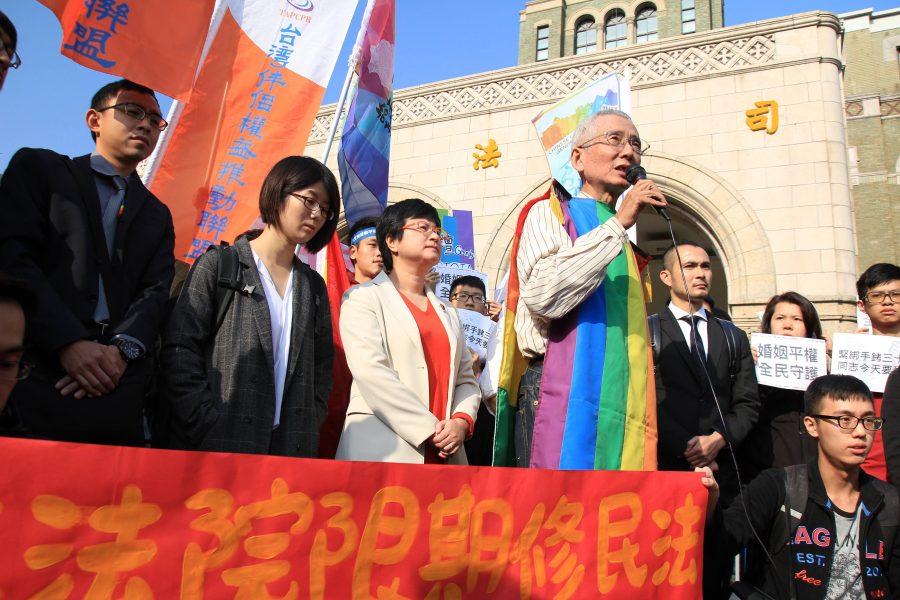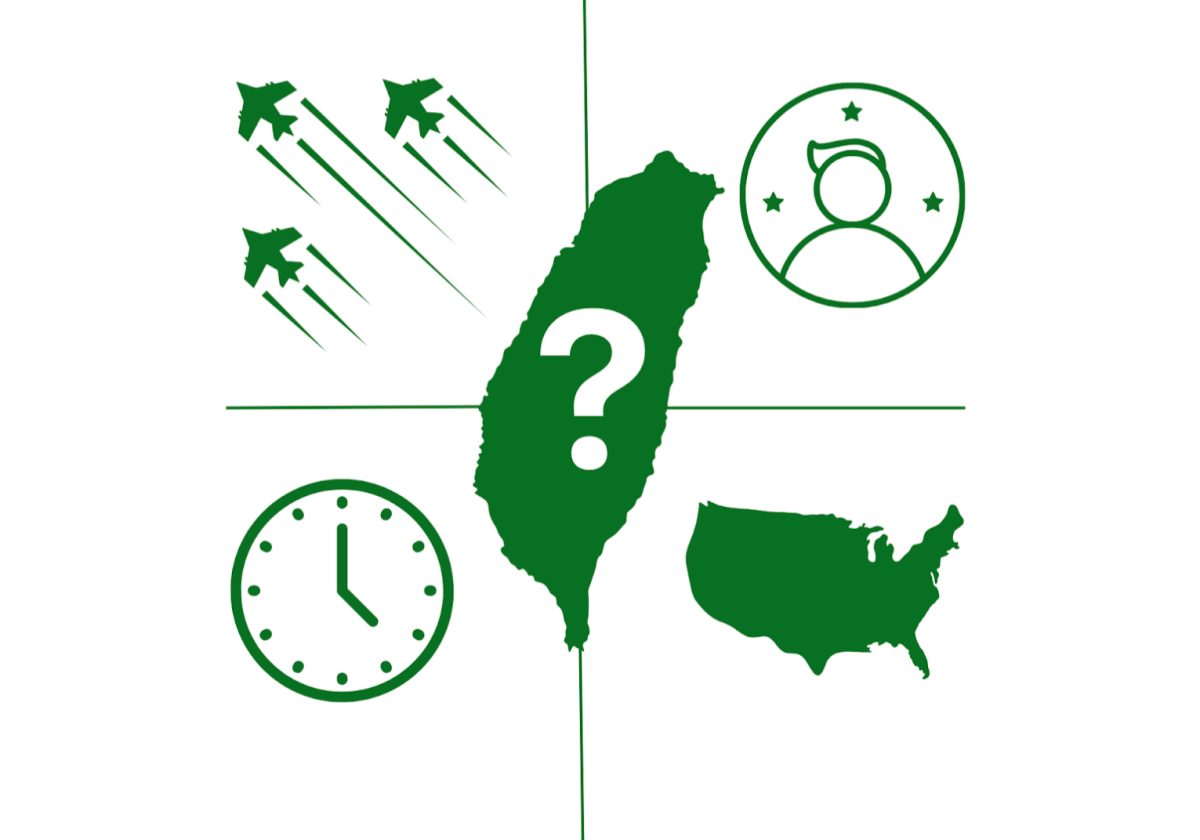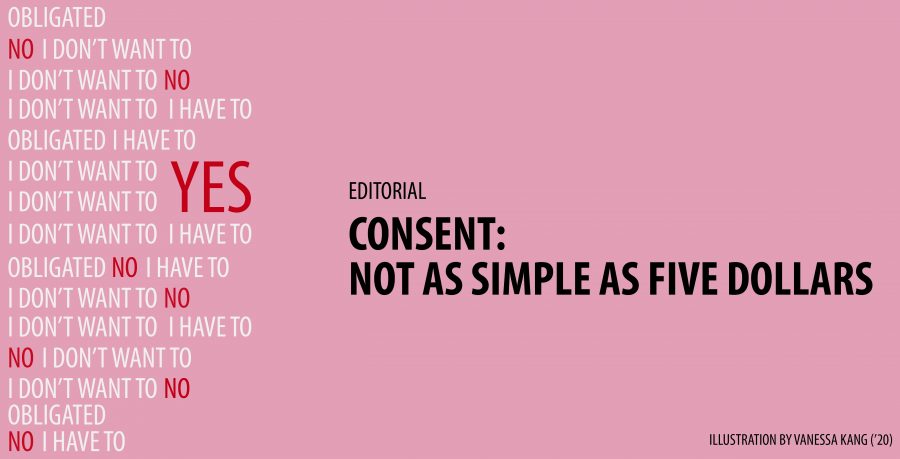When Taiwanese people travel abroad and mention where they are from, they must always be ready with lengthy explanations to counter two possible responses: “Oh, Thailand, how wonderful!” and “Don’t you mean China?” This is one disadvantage to living in a largely unknown almost-country with a handful of diplomatic allies about as obscure as itself (E-Swantini, anyone?).
For a single year, Taiwan’s status as the first country to legalize same sex-marriage in Asia seemed to put it solidly on the map. In May 2017, the Council of Grand Justices ruled that the ban on same-sex marriage in the Civil Code was unconstitutional, giving the Legislative Yuan two years to draft a law to legalize it.
However, the ruling included one crucial loophole, leaving open the question of whether to create a separate bill or to revise the gendered language of the Civil Code. The anti-marriage group Happiness of the Next Generation Alliance quickly took advantage of this ambiguity, filing a referendum proposal for the Legislative Yuan to create a separate law.
A separate civil partnership law specifically for same-sex couples would deny them the title of “marriage,” affirming an inequality between heterosexual and homosexual love.
The referenda represent a step backward for Taiwanese democracy. If the experience of Australia and Ireland are instructive, the referenda may bring severe psychological harm to the LGBTQ community, as anti-marriage equality groups fill the airwaves and blanket streets with homophobic speech.
According to the Guardian, a survey of 1657 Irish LGBTQ people showed that negative campaign materials caused distress and anxiety, particularly young people. “There were often cruel remarks saying that gay people turn their stomach, especially from my father, grandmother and one sister,” one respondent said.
Moreover, the referenda reveal the Legislative Yuan’s dearth of political courage. While the two opposing campaigns compete for votes, many politicians look on, refusing to publicly take a stance on the issue until the referenda have revealed which position would least likely endanger their careers.
As the non-governmental organization Human Rights Watch wrote, “A referendum on a fundamental rights issue like marriage equality in effect submits the human rights of same-sex couples to a popularity contest.
Part of the responsibility of the legislature and the judiciary is to uphold and protect minority rights.”
The referenda are at odds with the values of our civil society, where the popular will is meant to be subordinate to rule of law, and the rule of law is meant to restrain citizens from trampling upon the rights of marginalized groups.
What puts Taiwan on the map is not one tall skyscraper, brawling politicians, or legendarily long queues. What defines us is the role Taiwan has carved out as a model of respect for human rights in Asia. The referenda are not only a setback for LGBTQ people, but are also a setback for all Taiwanese people.
EDITORIAL | We are not there yet: the long road to marriage equality in Taiwan
November 19, 2018
0
Tags:
More to Discover



![[PHOEBE CHEN/THE BLUE & GOLD]](https://blueandgoldonline.org/wp-content/uploads/2019/12/senioritis-900x600.jpg)
![[CHARLOTTE LEE/THE BLUE & GOLD]](https://blueandgoldonline.org/wp-content/uploads/2019/10/hongkong2-900x597.jpg)


![A collection of college flags. [PHOTO COURTESY OF AMBER HU ('27)]](https://blueandgoldonline.org/wp-content/uploads/2025/05/IMG_5029-1200x577.jpeg)

![An SAT word cloud. [PHOTO COURTESY OF WORDCLOUDS]](https://blueandgoldonline.org/wp-content/uploads/2025/05/SAT.jpeg)
![Collage of banned books, including “The Handmaid’s Tale” by Margaret Atwood. [MINSUN KIM/ THE BLUE & GOLD]](https://blueandgoldonline.org/wp-content/uploads/2025/04/IMG_4274-1200x681.jpeg)

![A collage of dark romance book covers from an online store for dark romance novels. [PHOTO COURTESY OF TRILOGYOFROMANCE.COM.AU]](https://blueandgoldonline.org/wp-content/uploads/2025/04/IMG_4272-1200x600.png)